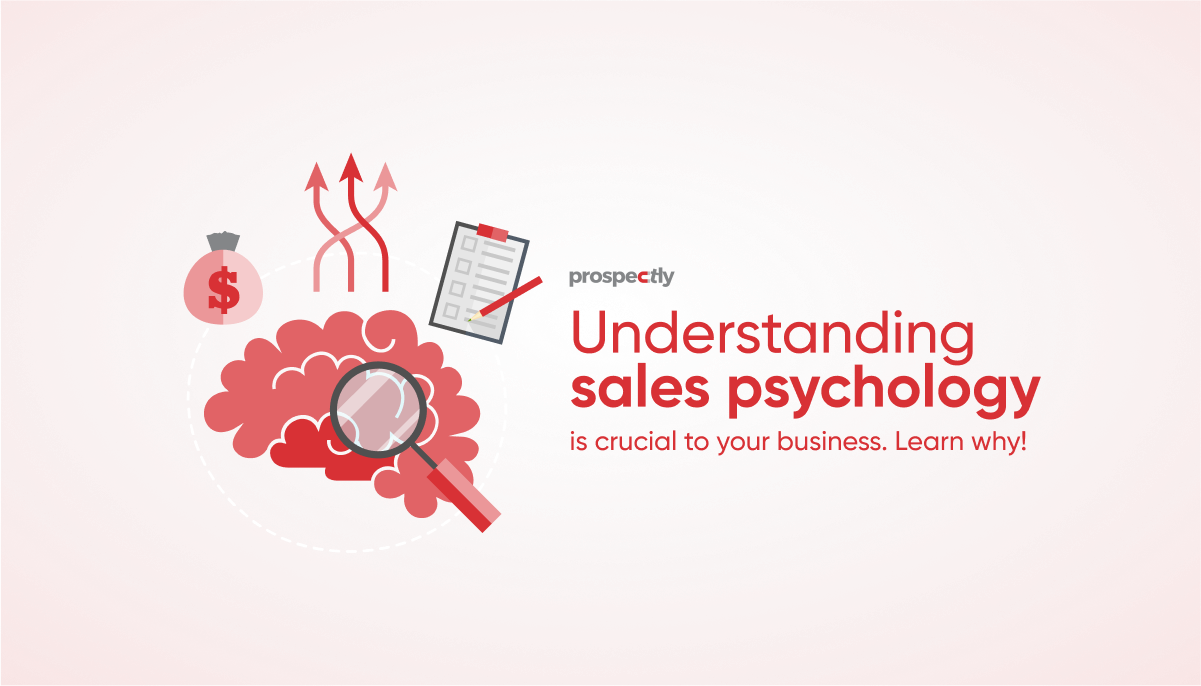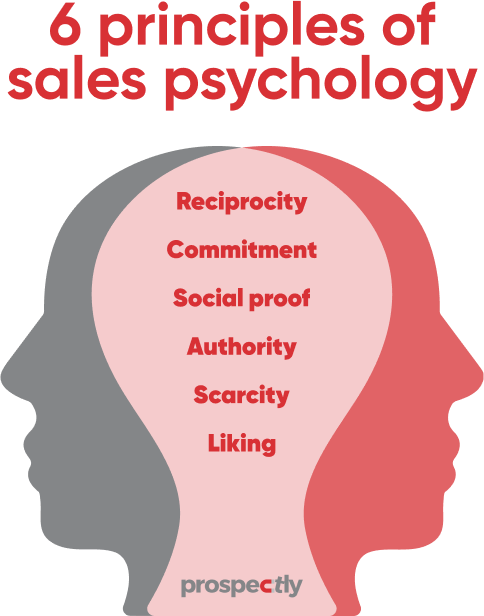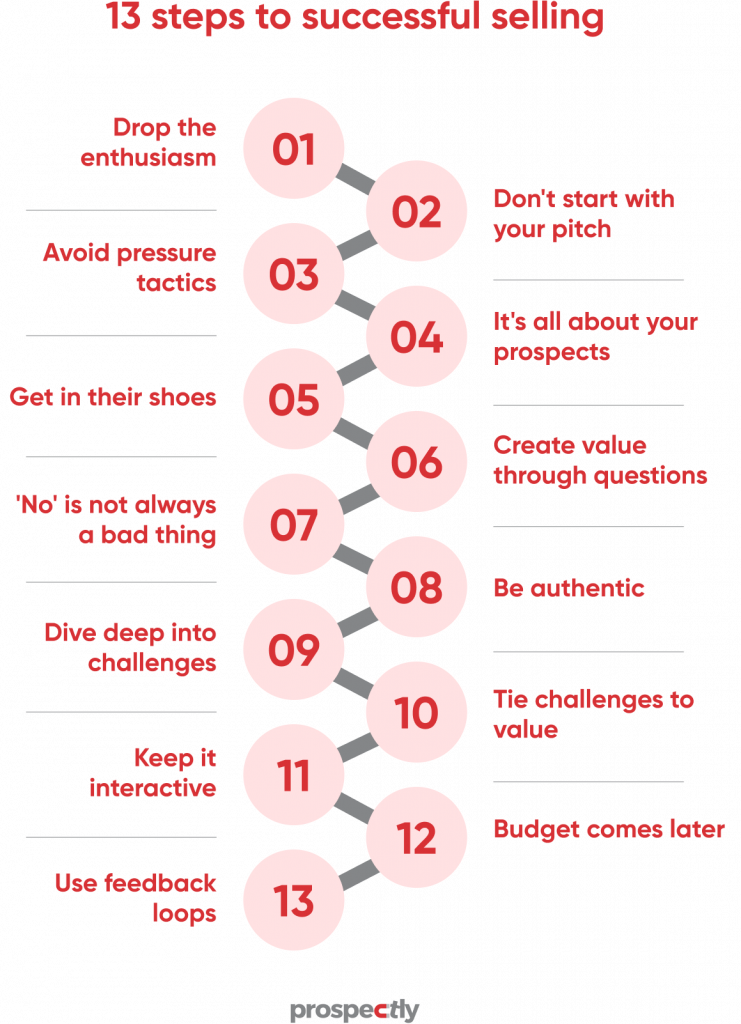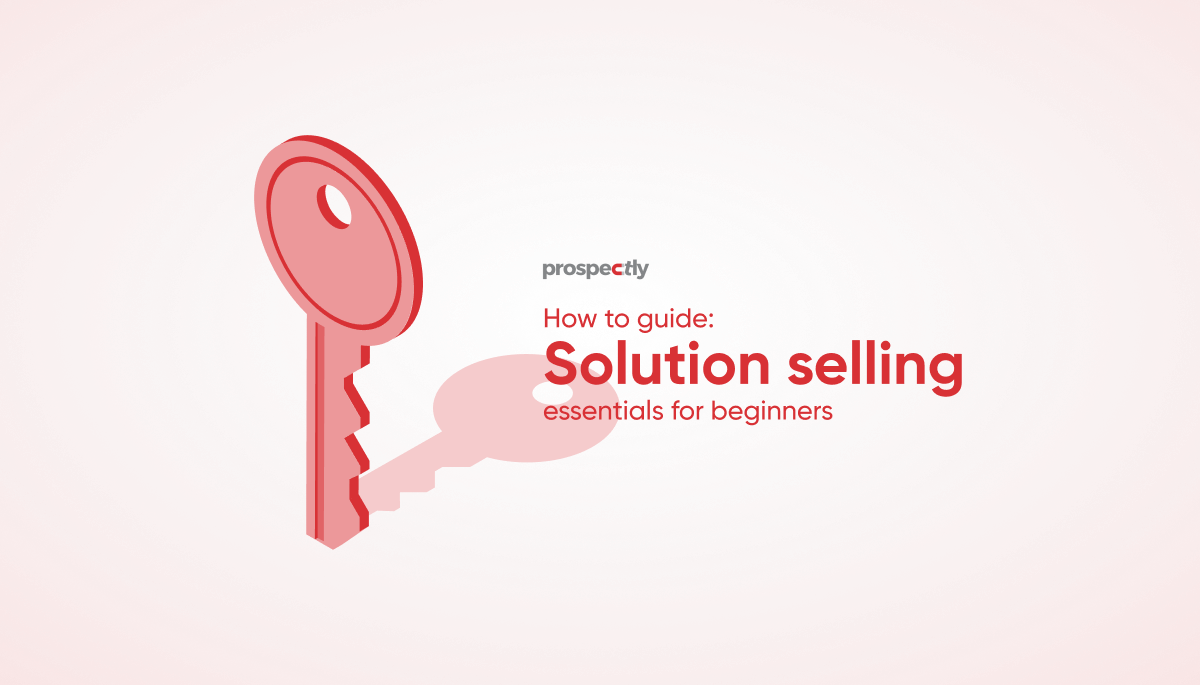Understanding sales psychology is crucial to your business. Learn why!

Psychology is an essential sales aspect. Many people think it’s just about knowing the product and selling it, but there is more to it. Selling is understanding the customer and their needs and providing them with a solution.
A good salesperson should read the customer’s body language, know what they want, and then make them feel they’re valued. You need to listen to what they’ve to say, show empathy for their situation, and offer a solution that’ll suit their needs.
Learn more about using sales psychology to win more customers and close more deals.
What is sales psychology?
Sales psychology studies how people think, behave, and feel when shopping. It aims to build a better understanding of human behavior to increase sales. Marketing and advertising use the psychology of sales to determine how to make products more appealing to consumers.
When dealing with potential buyers, the first thing to remember is that they don’t want to be sold anything. Instead, they want to know and see that you care about their needs and preferences. To become successful in selling, you need to understand what makes people buy.
How is psychology related to sales?
Sales is a complex process that involves multiple parties and their motivations. Customers face many options when they purchase something. As a result, they can postpone the decision or make an impulse purchase. Reps can avoid this by understanding what motivates buyers and influences their choices.
That’s where the psychology of sales comes into play.
Why is sales psychology important?
Sales psychology is an essential skill for any salesperson to have. It helps them understand their customers and connect to a successful sale. Also, knowing buyers’ needs makes sellers serve them better.
The psychology of sales plays a vital role in developing a strong sales strategy, closing a deal, and persuading customers. The more you know about how people think, the better you can influence their thoughts and behaviors.
Let’s dive into the principles of sales psychology to help you boost your sales -courtesy of Robert Cialdini, the author of Influence.
6 Principles of sales psychology

1. Reciprocity as a sales psychology technique
The principle of reciprocity is a social rule that says we ought to repay in kind what another person has provided for us. This rule is so strong that it can compel people to do favors they might not want to do, even if they don’t like the person who asked them.
When you ask someone for a favor, you establish yourself as someone who deserves their help. The more favors you do for them, the more they will feel obliged to return the favor.
It means that when you give your customers something, they’ll feel obligated to buy from you again in the future. That’s why a business may offer a gift for people who sign up for an event, a free trial for its CRM tool, or free sample, etc.
As a sales rep, note the following to use this principle successfully.
- Avoid offering the same product or free trial to the same customer several times. It weakens reciprocity. Instead, give the potential customer something different, like helpful tips, a thank you email, etc.
- Include the principle in your sales pitch proactively -you could encourage the prospect to try your tool at a fraction of the cost for a week.
- Follow up on the potential customer with more emails to build a relationship.
Example:

2. Commitment as a sales psychology technique
The commitment principle states that once people decide, they’ll want to behave consistently with it. If the decision is public, they’re more likely to always act on it in public. Researchers have also found evidence that people who’re more committed to an idea will be more likely to work on it than less determined.
Salespeople can encourage buyers or prospects to make small commitments or a specific decision about your product.
- You can ask questions requiring ‘yes’ answers to drive the customer to take a stand. As a result, they’re more likely to agree to purchase your solution later.
- Include the yes question on your homepage.
- Offer value to the customer by asking them to complete a quiz that addresses their pain points.
- Use cross-selling, gamification, offer wish lists, tap into user content to promote your product (see Coca-cola example below), etc.
Example: Cross-selling on Amazon (shows you what other customers bought).

Example: Coca-Cola relied on its fans to encourage others to buy its product.

Note that the images have people’s names to make the sharing more fun and personal.
3. Social proof as a principle of sales psychology
Social proof is the principle that people will do things they see other people doing. When potential buyers see others who’ve purchased a product, they’re likely to buy it themselves. Sellers can use this powerful selling technique in the following ways:
- Get feedback from customers who’ve had positive experiences about your solution or sales process.
- Display those testimonies on your website and include case studies in your emails campaigns to showcase your success stories.
- Positive reviews or expert opinions about your company also validate your claims.
- Let your homepage show real-time notifications of customers using your solution.
Example
4. Authority as a principle of sales psychology
As a principle of sales psychology, authority is a way to establish trust with the buyer. You can do this by knowing what you’re talking about, being confident in your product, or being an expert in your field. Also, an individual with authority or an influencer finds it easy to persuade customers to believe something.
That’s why sports companies use people like Usain Bolt to endorse their products. However, sales reps can find it challenging to use influencers to support their products. They’ve got two ways of developing authority.
- They can request reviews from experts or people in high authority who’ve purchased their products.
- The sales team or the company can build authority through handy content, e.g., podcasts, videos, case studies, webinars, interviews, eBooks, etc.
5. Liking as psychology of sales principle
According to the principle of liking, the more you like a person or thing, the more you’re willing to buy from them. That’s why salespeople need to be friendly and likable. Sales psychology also dictates that customers can buy from someone they know, like, and trust.
Salespeople need to build relationships with prospects to make a sale. The following five things can help sellers to do that:
1) Be a good listener.
2) Ask questions about the prospect’s company and needs.
3) Share stories about your company.
4) Share your expertise.
5) Send follow-up emails.
6. Scarcity as a sales psychology technique
Scarcity is a sales psychology technique to create a sense of urgency. You can do this by limiting the product quantity or making it seem like it’s going out of stock soon. It can increase the demand for your solution and its perceived value.
Businesses like Apple and Amazon offer limited-time offers to entice customers into buying their products. Sales reps can also use the same principle to increase sales. However, they need to show how their products can improve customers’ lives or solve their pain points.
Example

The psychology of selling: 13 steps to successful selling

Use the following tips that apply sales psychology to win more customers.
1. Drop the enthusiasm or excitement
Avoid being too excited and sounding unreal in your conversation whenever you engage with prospects on the phone or in person. Marc Wyashack of Sales Insight Labs says this puts off customers due to the unnatural tone in your voice or weird behavior.
Prospects pull back because of reactance- a psychological phenomenon. Ensure that your introduction is genuine and simple without any exaggerated tone. Be yourself and be honest.
2. Potential customers don’t want the pitch
One of the mistakes salespeople make is that they rush into pitching the prospect on their first contact. And it’s one of the reasons businesses are unwilling to engage sellers.
Reps should try to understand the likely buyer’s challenges by interacting with them, asking questions, and acting like a doctor. A surgeon prescribes medication after talking with the patient. So, should the salesperson.
3. Avoid putting pressure on the prospect
It’s a bad habit to convince a customer to purchase your product. They can develop cold feet and repel you due to reactance -which causes anyone to
pull back when they feel cornered or pressured.
Prospects need gentle push through open-ended questions on your discovery call. Saying ‘tell more’ can lead the customer to self-disclosure.
Learn more about discovery call questions. 19 Best Sales Discovery Questions To Close More Deals
4. It’s about them- not you
Marc says that reps should understand one powerful concept in the psychology of selling; WIIFM radio (What’s in it for me?). That’s what prospects think about as you chat with them. They don’t care about you, your products, your company, etc.
Customers think of themselves: Is the conversation worth their time? Will your product solve their pain points? And if you can’t answer these questions, they’ll lose interest in what you say.
Ask questions that focus on their needs and problems. In this way, they’ll see that you want to help them. That’s because people like talking about themselves, goals, dreams, etc. So, sellers need to capitalize on that.
5. Get in their shoes
Another practical selling tip is putting yourself in the shoes of your buyer – their experiences with your sales process. What do they like or dislike about your product? What makes them buy from you or your competitors?
Answers to these questions help you get in the buyer’s mind- that’s the psychology of selling. Sellers need to think like the prospect. What do customers care about? As a result, the conversation centers around their interests, not the rep’s need to sell.
6. Create value through questions
The seller often suggests their product when the customer says they have a problem. It’s not a tactful way of selling. Instead, reps should establish value by asking the prospect to explain their challenge. For example, you could say: “What impact does the problem have on your revenue, productivity, etc.? How would the solution help reduce churn rate, employee turnover, etc.?”
7. Accept that ‘no’ isn’t bad
One of the realities of selling is that not every customer is a fit for your product- nearly 50% won’t do business with you. Because of this, you need to accept that some will reject you, and it’s not a big deal. And it also means that you should determine whether the individual matches your profile earlier in your discovery call.
That’s because top performers spend a huge chunk of their time on qualified prospects – those interested in what you offer. Learn to disqualify those who don’t align with your goals. You could say: “I’m not sure if this conversation or product will be the right one for you. Would it be okay to continue with this call to determine that?”
It puts the lead at ease because it takes pressure away from them. They can either choose to entertain your call or reject it.
8. If you feel it, say it
During the discovery call, you can tell if the potential customer wants to chat with you or not. The tone of their voice and responses are clear indicators you need to watch. So, if you’re convinced that the prospect lacks interest or is distracted, say it.
You may say:“ James, I appreciate that you’re talking with me right now, but it seems you’re distracted. Is this a good time to be talking about this?” Or you might say: “I think you sound uninterested in this offer.” The customer may agree with your assessment, and if they do, say: “Why do you say that?” Dig deeper to know the root cause of the problem.
9. Get deep into their challenges
Salespeople need to think and act like doctors when engaging with potential buyers. You should find out more about their pain points before offering your product. For example, when an individual says their company has operational challenges, ask them to tell you more about pain points..
10. Tie the challenges to value
Once you’ve understood the buyer’s problems or needs, attach a specific value to them. You could say: “What effect would a solution have on your profit, sales, motivation, etc. if you fixed this problem?” It allows them to suggest a number or a metric. Or you might reverse the question and say: “What is the cost of not fixing the challenge right now?”
11. Make the meeting a two-way conversation
The psychology of selling says that people get engaged when actively involved in a conversation. Sellers need to encourage prospects to open up by asking them questions throughout their meeting, presentation, call, etc.
Say you’re making a demo; ask your audience if what you’re saying makes sense. Keep on interacting with them and requesting feedback. Avoid a solo sales talk.
12. The budget comes later
Talking about money or the budget in the early stages of the discovery process isn’t a brilliant idea. It may repel the prospect. Include the budget after you’ve had a comprehensive discussion about their needs. Y0u might say: “James, a solution to fix your problem ranges from $10,000 – $50,000 based on your challenges. Where do you fit in that price range?”
The budget spectrum provides the prospect with several possibilities. They can tell you what they can afford.
13. Take care of feedback loops
Feedback loops are questions you ask through the entire sales process to bring the potential customer back to the conversation. They re-engage the prospect and nudge them to agree to a sale. If you establish a connection with your audience in your discovery call or demo, it shouldn’t be challenging for them to buy.
There you’re, go out and practice these steps in the psychology of selling.
Best sales psychology books
Here are some sales-packed books to hone your techniques.
- The Psychology of Selling- Brian Tracy (Available on Amazon)
- See a comprehensive list by Sales Hacker.
Best sales psychology courses
Check out the following sales training programs to up your game in the psychology of selling.
Final thoughts on the psychology of selling
The psychology of selling is a complex topic that is not as simple as it seems. Many factors can affect the outcome of the process, from the individual’s personality to their environment.
Sales reps need to understand what drives prospects and how their brain functions to sell anything successfully. Understanding the psychology of selling will help you improve your sales skills and achieve better results.
Related: 9 Sales methodologies: How to win buyers and influence sales




